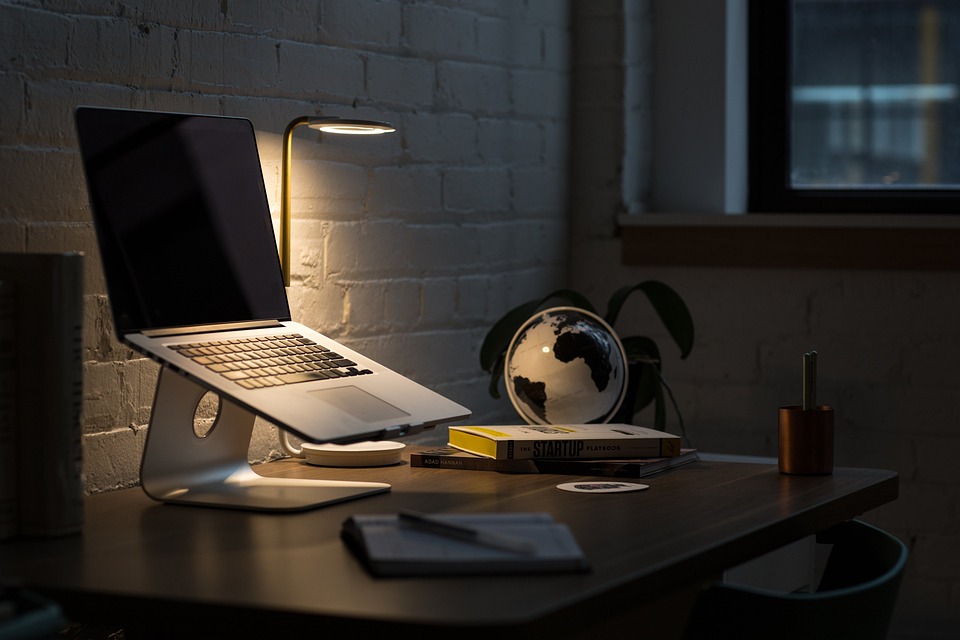Have you ever wondered what is the best time to study? We all want to achieve our academic goals and become more productive learners. All of us want to learn the best time to study, thus scheduling our study sessions is an important factor to take into account as it can significantly impact our ability to learn. You must properly assemble it for optimal optimization. Finding the best time to study for you is the main topic of this blog. Now, let’s get started and discover the best time to study and memorise!
What is the Best Time to Study?
Best time to study is an intriguing issue for students at home and abroad. Your personal routines, the type of studies you’re doing, and the times you’re most attentive and productive are some of the variables that determine the best time to study. Everyone has a natural circadian rhythm that dictates their peak periods of alertness and productivity throughout the day. There are three main chronotypes: Morning People (Larks), Evening People (Owls) and Intermediate People. The best time to study is when you can be most focused and free from distractions.
Best Time to Study: Study at Morning

A morning learner refers to someone who prefers to study or engage in educational activities during the morning hours. These individuals typically wake up early and choose to tackle their most important or challenging tasks at the start of the day when their energy, focus, and mental clarity are at their peak.
Morning learners often benefit from the quiet, distraction-free environment that mornings provide, which can help them concentrate better and absorb information more effectively. They may also establish a routine where they wake up early, engage in study sessions, and use the rest of the day for other activities.
Benefits of Studying in the Morning
- Fresh Mindset
After a night’s sleep, your brain is well-rested, meaning it can absorb and retain information more effectively. Studies show that focus and concentration levels are higher in the morning because your brain isn’t fatigued by the day’s activities or distractions.
- Less Distractions
In the early hours, the world tends to be quieter, which means fewer distractions—both external and internal. This allows for more uninterrupted study time, making it easier to delve deeply into complex topics.
- Improved Memory
Research suggests that studying in the morning helps with better long-term retention of information. Your brain processes and consolidates information more efficiently during this time, especially if you’ve had a good night’s sleep.
- Boosts Productivity
Morning study sessions can set a productive tone for the entire day. Getting an early start often leads to completing tasks faster, giving you more time for other activities, like exercise, socializing, or relaxation. You can break your day into segments, which helps with better time management.
Tips for Effective Morning Studying
- Start with the Hardest Subjects
When your mind is fresh, tackle the most difficult tasks first.
- Create a Study Routine
Try to wake up at the same time each morning to build a habit.
- Minimize Distractions
Keep your phone, social media, or other potential distractions out of your study space.
Best Time to Study: Study at Afternoon

An afternoon learner is someone who prefers to study or engage in academic activities during the afternoon, typically between 12 PM and 5 PM. These learners may not feel most alert or focused in the early morning but find that they can concentrate better and retain information in the later part of the day. Afternoon learners often take advantage of the morning to ease into the day, have meals, exercise, or complete other tasks, and then dedicate their afternoons to study or work.
Benefits of Studying in the Afternoon
- Higher Energy Levels
By the afternoon, most people have had at least one meal, which replenishes their energy stores. This can make studying more productive, especially if they’ve eaten a balanced meal that fuels the brain.
- Improved Focus for Some Learners
While morning learners might feel the most focused in the early hours, afternoon learners often feel more mentally sharp and capable of tackling demanding tasks as the day progresses.
- Break Time Benefits
Afternoon learners can take advantage of breaks or leisure activities in the morning to recharge their minds and bodies. This often results in better focus, especially for students who struggle to maintain concentration for long periods in the early hours.
Tips for Effective Afternoon Studying
- Plan Ahead
Set clear goals for the afternoon study session, as it can sometimes be tempting to procrastinate after lunch.
- Stay Hydrated
Having healthy snacks or a balanced lunch helps maintain energy levels. Avoid heavy meals that can lead to a midday slump.
- Create a Comfortable Environment
A well-lit, quiet study space can help maintain focus and productivity.
- Take Breaks
Plan for short breaks to prevent mental fatigue. A quick walk or stretching session can boost energy and concentration.
Best Time to Study: Study at Nighttime

A nighttime learner is someone who prefers to study or engage in academic activities during the evening or night, typically after 7 PM or later. These individuals often find that they are most productive and focused when the world around them quiets down, and they can study without the distractions of daily life. Nighttime learners tend to be “night owls,” naturally feeling more awake and mentally sharp in the evening and early hours of the morning.
Benefits of Studying in the Nighttime
- Minimal Distractions
Nighttime is often the quietest part of the day, with fewer people around and fewer external distractions, such as phone calls, social media notifications, or general daytime hustle and bustle.
- Enhanced Focus and Productivity
Many nighttime learners experience heightened concentration when the world around them is calm. The absence of distractions from family, friends, or work commitments allows them to immerse themselves in their studies more fully.
- Increased Creativity and Critical Thinking
For some people, the nighttime is when their brains are most creative and capable of thinking critically. This is particularly true for people who are more mentally active during the evening and night.
Tips for Effective Nighttime Studying
- Avoid Caffeine Late
If you’re planning to study late into the night, avoid caffeine or energy drinks in the late afternoon or evening, as they can interfere with your ability to fall asleep afterward.
- Create a Comfortable Study Environment
Ensure your study space is comfortable and well-lit. Dim lighting may be cozy, but bright lighting will help you stay alert and focused for longer periods.
- Stay Active During Breaks
Take short breaks to stretch, walk around, or do something physical to avoid becoming too sluggish or tired.
How to Find the Best Time to Study For You?
- Understand Your Chronotype
Your chronotype refers to your body’s natural preference for being active during specific parts of the day.
- Consider Your Daily Schedule
Your lifestyle, commitments, and daily routines can also influence when the best time for studying is.
- Experiment with Study Blocks
Instead of committing to long, extended study sessions, break your study time into shorter blocks to see what works best for you.
- Evaluate Your Focus and Attention
Different times of the day can impact your ability to concentrate and retain information.
- Review and Reflect
After you’ve experimented with different study times, take some time to reflect on how well each session went.
Conclusion
Best time to study is analyzed in this blog detailedly and comprehensively. You can read this blog carefully with the benefits of studying in different time and tips of effective studying. After you have decided to choose one of best time to study for further education, accommodation is the first and foremost thing. uhomes.com is a platform providing affordable, reliable and comfortable student accommodation in countries with free education.
FAQ
According to scientists, the brain is most alert and teachable at 10 am–2 pm and 4 pm–10 pm. (Source: Amber Student). If you would like to optimise your attention span and practise deep learning, then science advises you to study between the hours of 4 am and 7 am. This period is best for deep focus.
Study with the sun: Traditionally, the morning hours are believed to be the time when our mind is fresh and alert. “Our mind is fresh and our short-term memory strong in the mornings,” says Dr Kharkate. There’s also a belief that sunlight helps the mind stay more alert as compared to darkness.
However, for deep focus and concentration, one must study between 4:00 am and 7:00 am, so if you’re looking for some tips to balance work while studying, it would be best if you time it correctly. Young adults might be a little bit of an exception to this guideline, so it’s important to keep a few things in mind.
The possibility of sleep loss is among studying at night’s biggest disadvantages. It may result in diminished general performance, memory issues, and cognitive deficits. Studying at night can mess with the circadian rhythm, which controls the cycles of sleep and wakefulness.
For adults, getting less than seven hours of sleep a night on a regular basis has been linked with poor health, including weight gain, having a body mass index of 30 or higher, diabetes, high blood pressure, heart disease, stroke, and depression.







